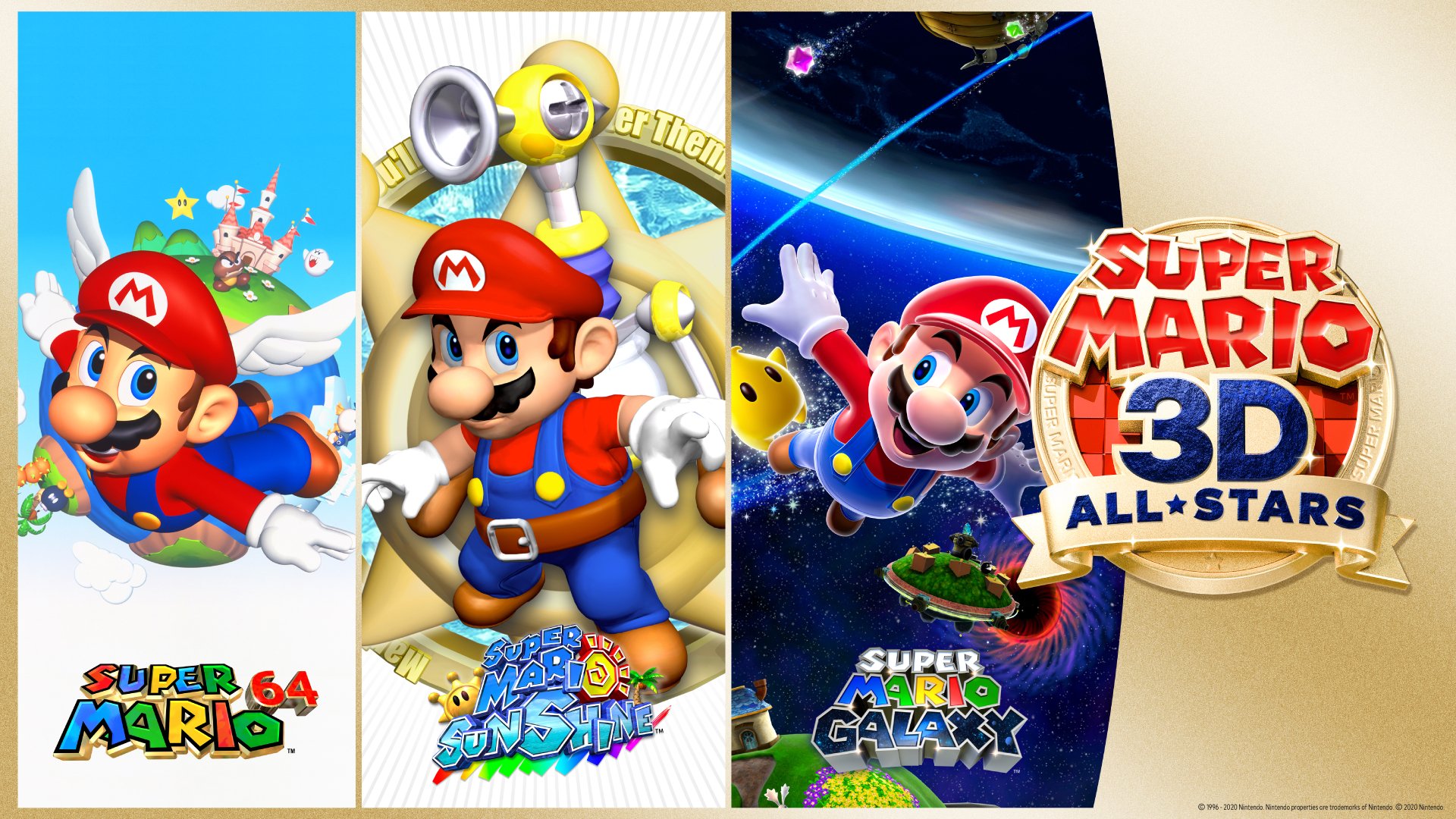Nintendo Is Playing a Dangerous Game
Nintendo has been an integral part of many childhoods since the 1980s, when the first Super Mario Bros game was released. Even people who have had no experience with video games know of Mario and the impact Nintendo has had in the entertainment industry. However, as of late, Nintendo has been exploiting its fans with anti-consumer tactics.
One of Nintendo’s most egregious policies was the timed exclusivity for Super Mario 3D All Stars. For those who don’t know, Super Mario 3D All Stars was a remaster of three of Nintendo’s most popular 3D mario games of all time: Super Mario 64, Super Mario Sunshine, and Super Mario Galaxy for the Nintendo Switch. This lineup of games is something that the fans have wanted for years, and priced at $60, it was a pretty good bargain for three of the best Nintendo games. This move should have created a massive amount of goodwill for the company if it was not for the decision to make the collection a timed exclusive.
This meant that Nintendo was only making a certain number of physical copies of the game, and it would only be available for a certain amount of time一approximately 7 months. If this decision were only done for physical copies, it would have been understandable, as COVID-19 has compromised production and shipping for many electronics and consumer goods. However, Nintendo decided to have that arbitrary time limit apply to the digital version of the game as well; this meant that after March 2021, the only way to buy the game was either from used copies or third party resellers. Seeing as how digital downloads are practically infinite, the only reason Nintendo sought to enforce this time limit was to create a sense of urgency and have their consumers impulse buy the game so they would not miss out, an incredibly manipulative tactic to boost sales. Although it is true that other companies employ the same tactics with limited edition products, Nintendo’s behavior marks a dangerous shift as it slowly becomes more corporate, sacrificing the enjoyment of its customers for a quick profit.

Another shameless decision from Nintendo is its pricing for the remaster of The Legend of Zelda Skyward Sword, a Wii game from 2011. In this new remaster, Nintendo remapped the controls of the game to be compatible with the Switch and updated its resolution and frame rate so it can run in HD. The controversy regarding this game is its current $60 price tag: compared to other Zelda remakes, such as The Legend of Zelda Link’s Awakening, as well as the launch price of the original Skyward Sword, the high price point make it an apparent cash grab. The original Skyward Sword was priced for $50, and for the bundle with a special gold Wii remote, it was $70. Today, the new remaster with the special Skyward Sword Switch remotes cost a total of $140 dollars, which is double that of the original bundle back in 2011. This sort of behaviour is inexcusable from Nintendo when other remasters from the company such as Xenoblade Chronicles Definitive Edition cost the same but offer additional content such as a brand new epilogue that was created just for this remaster. This may be an indicator that Nintendo is starting to follow the lead of other game companies who offer less content for more money.
Although Nintendo has been continuing to influence people’s childhoods with its innovative games, one has to wonder how much farther they will go with their manipulative tactics until their fans finally get fed up with the current Nintendo.

